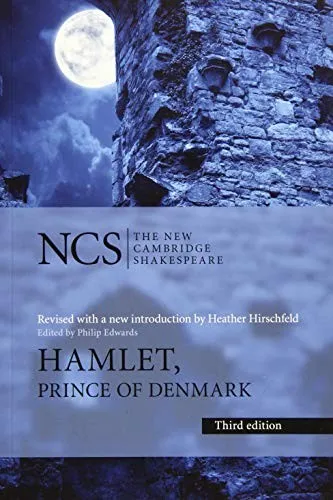The third edition of Hamlet offers a completely new introduction to this rich, mysterious play, examining Shakespeare's transformation of an ancient Nordic legend into a drama whose philosophical, psychological, political, and spiritual complexities have captivated audiences world-wide for over 400 years. Focusing on the ways in which Shakespeare re-imagined the revenge plot and its capacity to investigate the human experiences of love, grief, obligation, and memory, Heather Hirschfeld explores the play's cultural and theatrical contexts, its intricate textual issues, its vibrant critical traditions and controversies, and its history of performance and adaptation by celebrated directors, actors, and authors. Supplemented by an updated reading list, extensive illustrations and helpful appendices, this edition also features revised commentary notes explicitly designed for the student reader, offering the very best in contemporary criticism of this great tragedy.
William Shakespeare
William Shakespeare was an English playwright, poet, and actor, widely regarded as one of the greatest writers in the English language. He is known for his numerous plays and sonnets, which have had a profound impact on literature and theater. Some of his most notable works include "Romeo and Juliet," "Hamlet," "Macbeth," and "Othello." Shakespeare's writing is characterized by his use of intricate language, complex characters, and universal themes such as love, jealousy, power, and ambition. His works have been translated into every major language and are performed around the world to this day. Shakespeare's influence on literature, drama, and the English language is immeasurable, and his legacy continues to endure centuries after his death. His most famous work is arguably "Romeo and Juliet," a tragic love story that has become a timeless classic.


